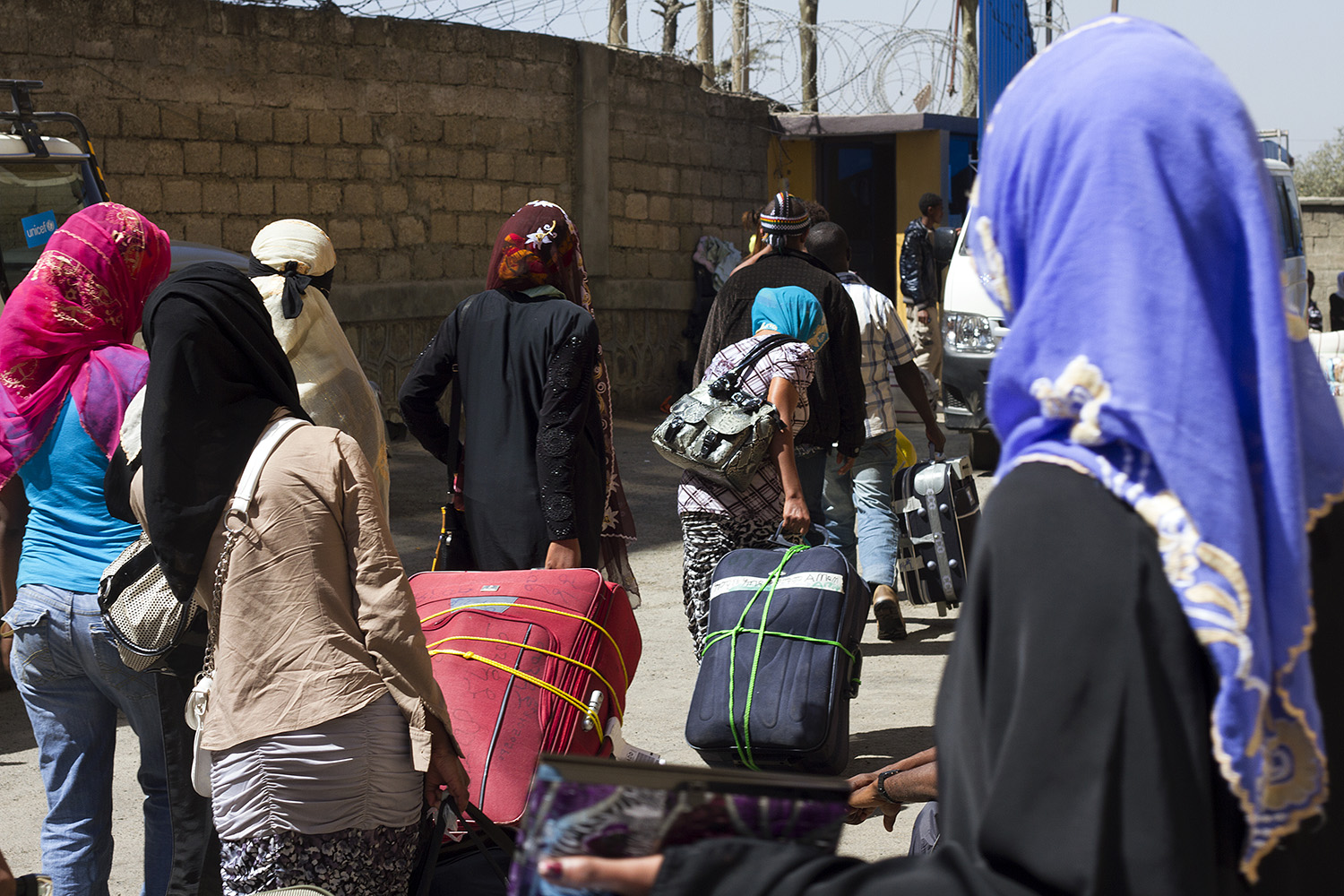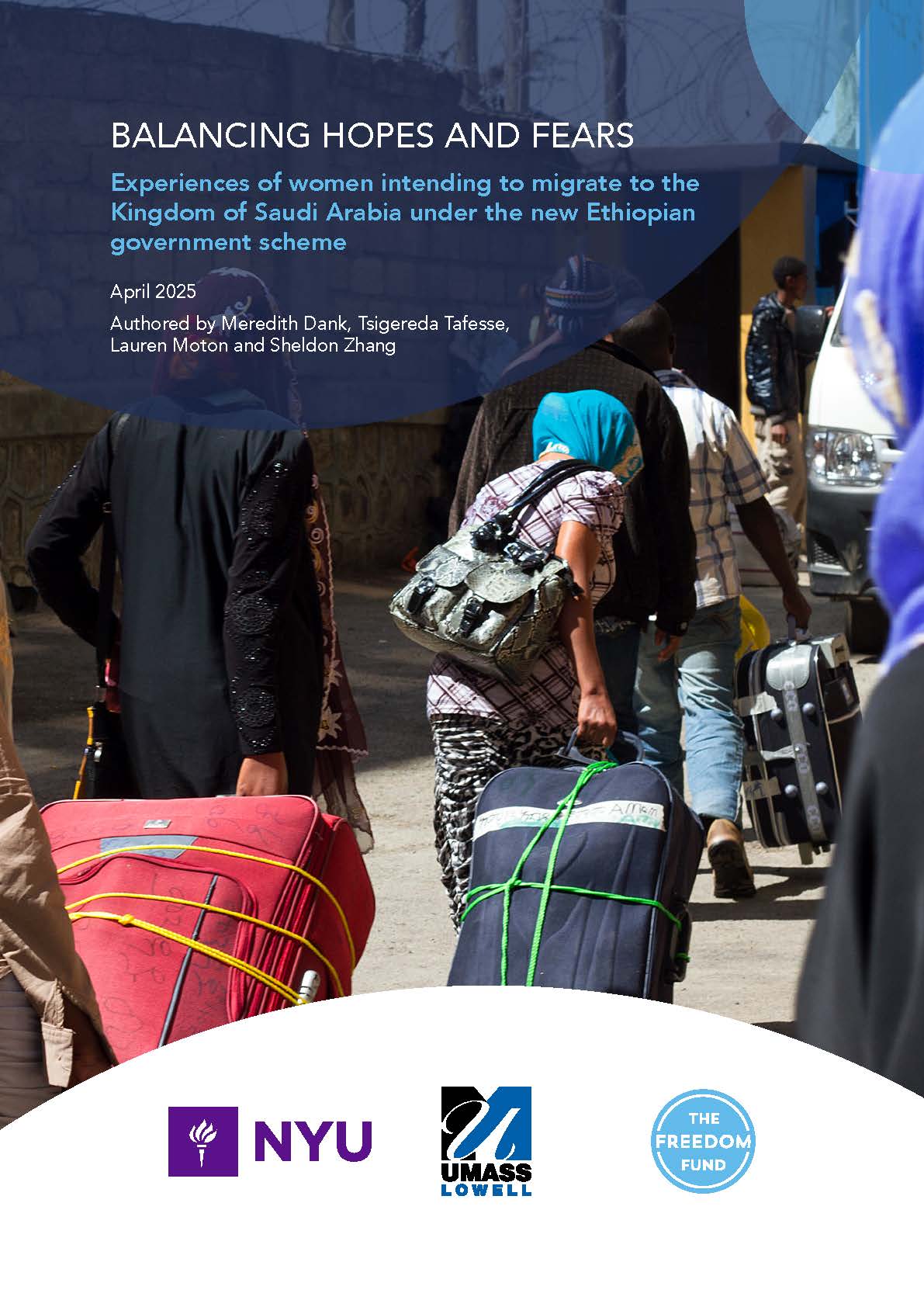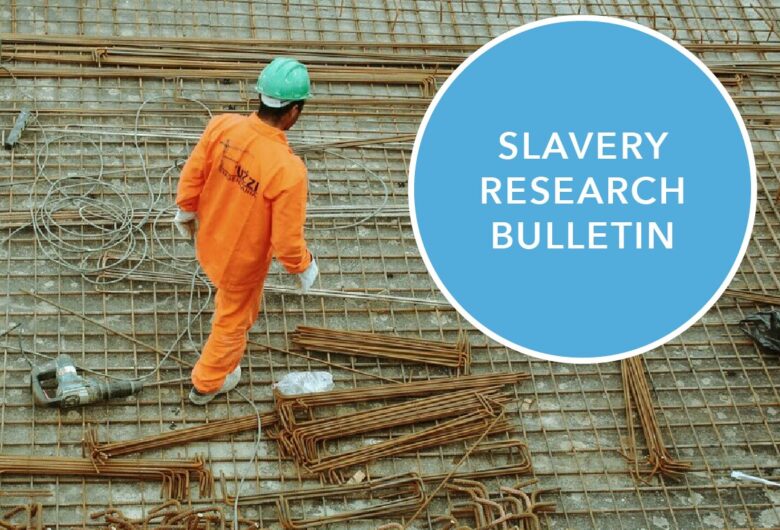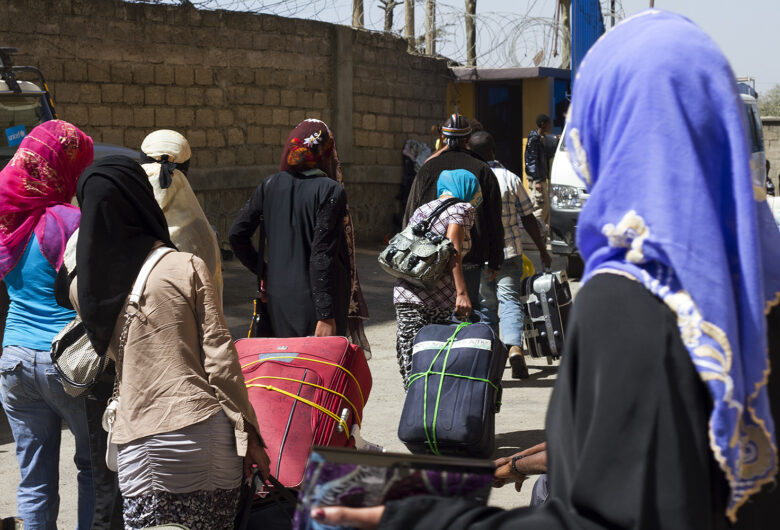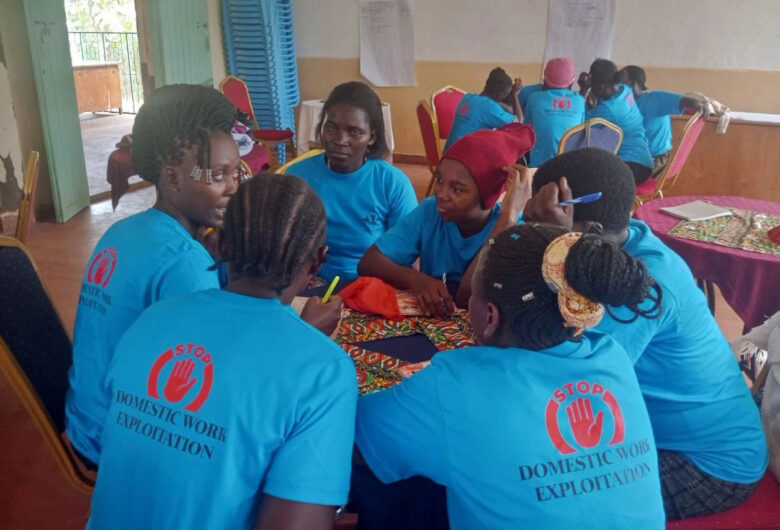The Kingdom of Saudi Arabia (KSA) has long been a destination for Ethiopian workers seeking higher incomes than are typically available at home. To better regularise the migration process to KSA and reduce the risks associated with irregular migration, the Ethiopian and KSA governments launched a joint initiative in March 2023 to recruit 500,000 women for domestic work in KSA. This ongoing initiative aims to encourage formal migration and improve migrant workers’ employment conditions and safety. The Ethiopian government concurrently introduced a series of migration reforms, including a digitalised migration system and strengthened skills training before migrants’ departure.
A newly released study conducted by New York University and the Freedom Fund offers direct insights into the pre-migration process through the experiences of 25 Ethiopian women seeking employment in the KSA. The research explores how they learned about the initiative, what influenced their decision to apply and how their experiences compared before and after Ethiopia’s migration reforms.
Emergent findings
- Respondents reported positive changes from several aspects of Ethiopia’s reformed, digitised migration system, including faster processing times, lower costs and more consistent pre-departure training.
- The Ethiopian government’s backing of this KSA initiative raised expectations of protection, with some women anticipating greater government assistance if they face rights violations. However, this expectation is not reflected in the evidence from the early days of the initiative.
- Women mostly relied on their own family, friends and social media to learn about working conditions in the KSA, despite the Ethiopian government’s own widespread informational campaign. This shaped how prospective migrants weighed up their hopes of economic gain against their fears of exploitation.
- Many women would not have chosen to work in KSA due to safety concerns. However, they felt they had limited options as KSA was the only regular migration route offered by their local employment agency.
- Challenges remain, including irregular fees charged by employment agencies, counterfeit training certificates and passport processing delays. While the launch of the digitalised system may have curbed the use of illegal brokers, their involvement was still reported by some of the women.
The findings from the report Balancing hopes and fears: Experiences of women intending to migrate to the Kingdom of Saudi Arabia under the new Ethiopian government scheme show that recent migration reforms have the potential to strengthen protection for Ethiopian migrant domestic workers. However, they also emphasise the need for stronger oversight, enforcement against violations, and clear, accurate communication about migration. Migrants can only make informed decisions when they understand the process, their rights and the associated risks and benefits. Civil society organisations and returnee migrants play a critical role in sharing this information in ways that are trusted, relatable and accessible to target communities.
